Nationally, voters believe K–12 education is on the wrong track (57%) and are nearly evenly split on whom they most trust to handle education issues – Republicans 42% vs. Democrats 44% – erasing Democrats’ historic edge on this important issue.
American across the country believe families deserve an education system that is more flexible to better meet their needs (74%); more than eight-in-ten (82%) parents agree. Americans also overwhelmingly place parents at the center of education, choosing parents as those most responsible for a child’s education, more than four times the share for any bureaucracy, teacher, or government entity.
Funding portability is a consensus issue, with 63% of voters nationwide saying dollars should follow the student. Even though most parents report their children are in public schools, 62% nationally would accept less funding if it came with more freedom (36%-$10,000 with only some freedom, 26%-$5,000 and no restrictions).
What This Means for Messaging and Policy
- Lead with dissatisfaction: Tie wrong-track sentiment to urgency for reform.
- Frame fairness: Position portability as a principle—dollars belong to families and should follow the child.
- Highlight trust in parents: Over 90% of parents trust themselves, and most voters trust parents broadly.
- Empower responsibility: Link public demand that parents “take more responsibility” with policies that give them control.
- Underscore freedom tradeoffs: Lean into the gap—families will accept less funding if it means more freedom.
Go Deeper
- Wrong track: Majority (57%) believe education is moving in the wrong direction.
- Partisan trust even: Republicans (42%) and Democrats (44%) statistically tied on trust to handle education.
- Parents in control: Nearly all (92%) agree education begins in the home.
- Responsibility gap: Parents aren’t seen as taking enough responsibility (62%), yet nearly all (93%) say they should take more.
- Funding fairness: Two-thirds (63%) say dollars should follow the student.
- Flexibility support: 62% support more options with fewer restrictions.
Methodology
Online survey conducted by yes. every kid. foundation. September 22-24, 2025. Reported findings reflect nationwide survey of registered voters. N=1,000. Margin of error = +/- 3.1%.
Additional survey conducted statewide in Florida. N=500. Margin of error = +/- 4.4%. Both samples stratified based on the known demographic composition of their respective voter populations.
Click here to read the full polling report.
